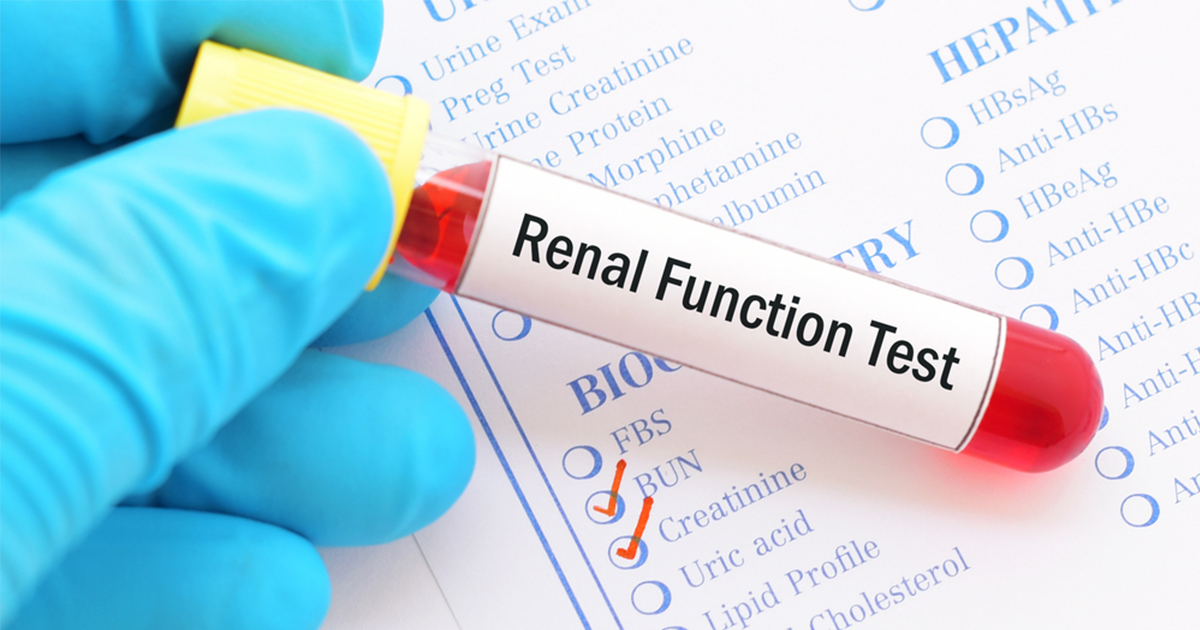Understanding Kidney Health Level Indications: What They Reveal About Your Kidneys

Maintaining optimal kidney health is crucial for overall well-being, as these vital organs play a significant role in filtering waste and toxins from the bloodstream. Regular monitoring of kidney health is essential to identify any potential issues early on. This is where kidney health level indications come into the picture. In this article, we will explore the different types of indications used to assess kidney health and what they reveal about the state of your kidneys.
Estimated Glomerular Filtration Rate
The Estimated Glomerular Filtration Rate (eGFR) is a calculation used to measure the rate at which your kidneys filter waste products from the blood. It takes into account factors such as creatinine levels, age, sex, and race. An eGFR below 60 ml/min/1.73m² for three or more months indicates a decrease in kidney function and may suggest the presence of chronic kidney disease. The lower the eGFR, the more severe the kidney damage. Regular monitoring of eGFR helps track the progression of chronic kidney disease and determine appropriate treatment plans.
Creatinine Levels
Creatinine is a waste product produced by muscle metabolism that the kidneys filter. Elevated levels of creatinine in the blood indicate impaired kidney function since healthy kidneys efficiently remove creatinine from the bloodstream. High creatinine levels may suggest acute or chronic kidney disease, dehydration, or other kidney-related issues. Monitoring creatinine levels helps assess kidney function and guide treatment decisions. Creatinine levels are measured through a simple blood test. Normal creatinine levels vary based on age, sex, and muscle mass, so it is important to interpret the results in the context of these factors.
Blood Urea Nitrogen
Blood Urea Nitrogen (BUN) is a measurement of the amount of urea nitrogen in the bloodstream. Urea is produced when the body breaks down protein, and healthy kidneys effectively remove it. Increased BUN levels can indicate reduced kidney function, dehydration, or other factors affecting kidney health. BUN levels, along with creatinine levels, help evaluate kidney function and identify potential issues. However, it is important to consider factors such as diet and certain medications that can influence BUN levels when interpreting the results.
Urine Albumin-to-Creatinine Ratio
The Urine Albumin-to-Creatinine Ratio (ACR) measures the amount of albumin (a protein) in the urine relative to creatinine. Increased levels of albumin in the urine, known as albuminuria, indicate kidney damage and are often an early sign of kidney disease. Regular ACR testing helps detect kidney damage at an early stage, allowing for timely intervention and treatment. The test involves providing a urine sample, and the ratio is calculated by comparing the amount of albumin to the amount of creatinine in the urine. A higher ACR indicates increased albumin in the urine, suggesting kidney damage.
Other Indicators
In addition to the indicators mentioned above, healthcare professionals may use other tests and markers to assess kidney health. These include blood tests to measure electrolyte levels (such as sodium, potassium, and calcium) and other waste products (such as phosphorus). Imaging tests like ultrasounds or CT scans can also be used to visualize the kidneys and detect any structural abnormalities. These additional tests provide valuable insights into kidney health and help diagnose specific kidney conditions or complications.
Importance of Regular Monitoring
Regular monitoring of these kidney health level indications is essential for individuals with known kidney issues, as well as those at higher risk, such as individuals with diabetes, hypertension, or a family history of kidney disease. Early detection of kidney disease allows for prompt intervention, lifestyle modifications, and appropriate medical management to slow down the progression of the disease, reduce complications, and improve overall kidney health.
By prioritizing kidney health and taking the necessary steps to maintain optimal kidney function, you can safeguard your well-being and enhance your quality of life. It is important to consult with healthcare professionals who can provide personalized guidance based on your specific situation. Together, you can work towards preserving the health of your kidneys and ensuring a healthier future.
- * All research and clinical data should be used as reference purposes only, results may vary.




